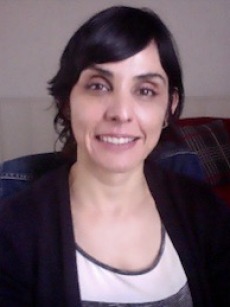
mota1

Currently Teaching
SPAN 201 – Third Semester Spanish
Continuation of Spanish 101 and 102 or by placement exam. As the first semester of the second year Spanish, this course focuses on a short review of the materials studied in the first year courses. It expands on those points with a more in-depth study of the Spanish language and culture. Content-based approach integrates grammar and culture in a functional use through listening, speaking, reading, and writing. The course further develops grammatical accuracy in the use of the simple tenses: present, future, and conditional and of particular importance is the perfection of the use of the past tense: preterit and imperfect. Compound tenses such as the present perfect, past perfect are also developed in this course. Students gain the ability during this course to deal with more complex and abstract situations in the foreign language. Language use encouraged by way of communicative activities rather than a sequence of linguistics units. Audio, video, and computer materials incorporated.
SPAN 341 – Translation and Interpretation: Social Justice and Practice
Professional, social justice, sociolinguistic, and cognitive aspects of Translation and Interpretation. Includes language policy and social justice goals to providing language services for limited and non-English speaking populations, role of translators and interpreters, simultaneous and consecutive interpretation, role of norms in legal translation, meaning of translation, health care interpretation and translation, business and technical translation, observation of professional settings, translation and interpretation practice. This course is a prerequisite for the following courses: MAS 306, MAS 308, MAS 309, MAS 311, MAS 408, MAS 409.
Professional, social justice, sociolinguistic, and cognitive aspects of Translation and Interpretation. Includes language policy and social justice goals to providing language services for limited and non-English speaking populations, role of translators and interpreters, simultaneous and consecutive interpretation, role of norms in legal translation, meaning of translation, health care interpretation and translation, business and technical translation, observation of professional settings, translation and interpretation practice. This course is a prerequisite for the following courses: MAS 306, MAS 308, MAS 309, MAS 311, MAS 408, MAS 409.

